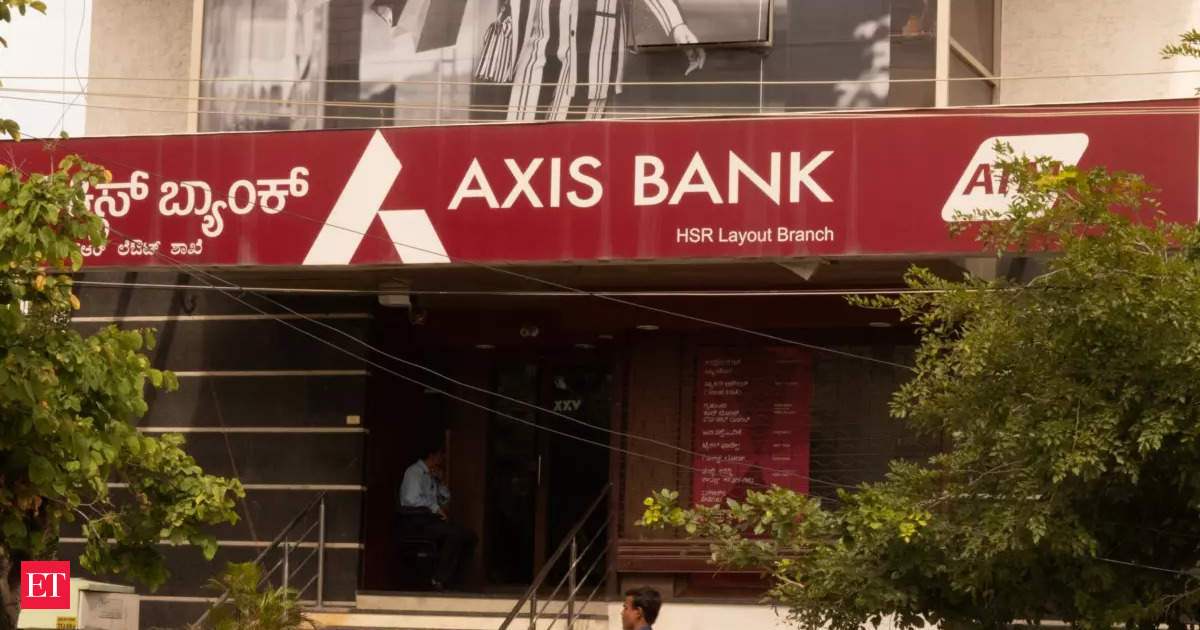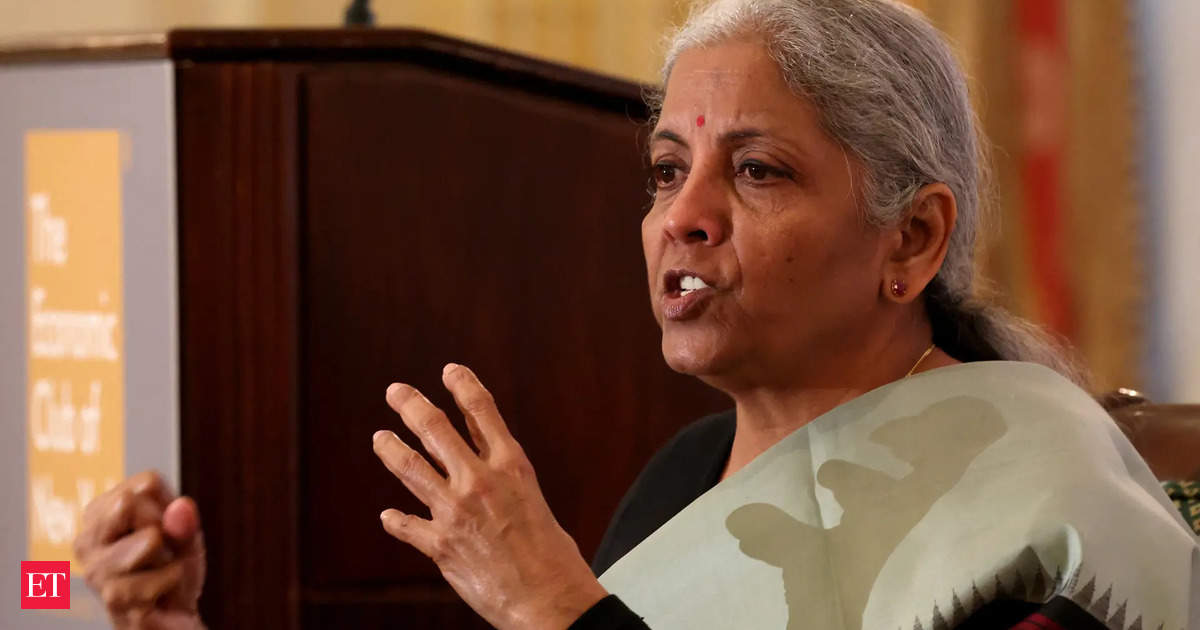India has emerged as a global powerhouse in the startup ecosystem, with over 1.4 lakh startups and $150 billion in funding, making it the third most vibrant startup hub in the world. This remarkable growth has been acknowledged by Shaktikanta Das, the Governor of the Reserve Bank of India (RBI), who highlighted the pivotal role of India’s world-class digital public infrastructure (DPI) in this success. In this blog post, we will delve into the factors contributing to this dynamic ecosystem, the role of government initiatives, and the future prospects of startups in India.
Explore India’s dynamic startup ecosystem, home to over 1.4 lakh startups and $150 billion in funding. Learn about the key drivers of this growth, including government initiatives and digital infrastructure. Discover success stories, challenges, and future trends shaping the industry. Gain insights from RBI Governor Shaktikanta Das on how India became the world’s third most vibrant startup hub. This comprehensive guide offers valuable information for aspiring entrepreneurs looking to tap into this thriving landscape. Unveil the secrets behind India’s startup boom and its impact on the global market.
The Rise of India’s Startup Ecosystem
India’s startup ecosystem has seen exponential growth over the past decade. The country is now home to more than 140,000 recognized startups, with over a hundred unicorns—startups valued at over $1 billion. This growth is not just in numbers but also in the diversity of sectors these startups operate in, ranging from technology and healthcare to agriculture and fintech.
Key Factors Driving Growth
- Digital Public Infrastructure (DPI): India’s DPI, including initiatives like Aadhaar, UPI, and GSTN, has provided a robust foundation for startups to build innovative solutions. These platforms have enabled seamless digital transactions, identity verification, and compliance, reducing barriers to entry for new businesses.
- Government Initiatives: Programs like Startup India, Make in India, and Atal Innovation Mission have created a conducive environment for startups. These initiatives offer financial support, mentorship, and regulatory ease, fostering innovation and entrepreneurship.
- Access to Funding: With over $150 billion in funding, Indian startups have access to a vast pool of capital. This funding comes from a mix of domestic and international investors, including venture capitalists, angel investors, and private equity firms.
- Talent Pool: India boasts a large and skilled workforce, with a significant number of engineers, developers, and business professionals. This talent pool is crucial for startups looking to scale and innovate.
- Market Potential: India’s large and diverse market provides ample opportunities for startups to test and scale their products. The growing middle class and increasing internet penetration further enhance this potential.
Government Initiatives and Support
The Indian government has played a pivotal role in nurturing the startup ecosystem. Here are some key initiatives:
- Startup India: Launched in 2016, this initiative aims to build a strong ecosystem for nurturing innovation and startups in the country. It offers tax benefits, easier compliance, and a dedicated fund of funds to support startups.
- Atal Innovation Mission (AIM): AIM is a flagship initiative to promote a culture of innovation and entrepreneurship. It includes setting up Atal Tinkering Labs in schools and Atal Incubation Centers in higher education institutions.
- Digital India: This initiative aims to transform India into a digitally empowered society and knowledge economy. It has significantly improved internet connectivity and digital literacy, enabling startups to reach a wider audience.
- Bharat Startup Knowledge Access Registry (BHASKAR): Launched by Commerce Minister Piyush Goyal, BHASKAR is a centralized platform for different stakeholders of the startup ecosystem to connect, exchange ideas, and grow.
Success Stories and Impact
India’s startup ecosystem has produced several success stories that have made a global impact. Companies like Flipkart, Ola, Paytm, and Byju’s have not only disrupted their respective industries but also inspired a new generation of entrepreneurs.
- Flipkart: Founded in 2007, Flipkart has grown to become one of India’s largest e-commerce platforms. It was acquired by Walmart in 2018 for $16 billion, marking one of the largest e-commerce deals globally.
- Ola: Ola, a ride-hailing service, has expanded its operations to several countries and diversified its offerings to include electric vehicles and financial services.
- Paytm: Starting as a mobile recharge platform, Paytm has evolved into a comprehensive digital payments and financial services company. It played a crucial role in promoting digital transactions during the demonetization period in India.
- Byju’s: Byju’s, an edtech company, has revolutionized the education sector with its innovative learning app. It has acquired several companies globally and continues to expand its footprint.
Government Grants Available For Startups
Here are some notable government grants and schemes available to startups in India:
1. Startup India Seed Fund Scheme (SISFS)
This scheme provides financial assistance to startups for proof of concept, prototype development, product trials, market entry, and commercialization. Startups can receive grants of up to INR 20 lakhs for validation and up to INR 50 lakhs for scaling up.
2. Fund of Funds for Startups (FFS)
Managed by the Small Industries Development Bank of India (SIDBI), this scheme aims to provide funding support to startups through Alternative Investment Funds (AIFs). The government has committed INR 10,000 crores to this fund.
3. Credit Guarantee Scheme for Startups (CGSS)
This scheme provides credit guarantees to banks and financial institutions for loans extended to startups. It helps startups secure loans without collateral, thereby easing access to credit.
4. Atal Innovation Mission (AIM)
AIM promotes a culture of innovation and entrepreneurship through various programs, including Atal Tinkering Labs, Atal Incubation Centers, and Atal New India Challenges. These initiatives provide financial and infrastructural support to startups.
5. Support for International Patent Protection in Electronics and Information Technology (SIP-EIT)
This scheme offers financial support to startups for international patent filing. It covers expenses related to patent application, including attorney fees, patent office fees, and other costs.
6. Pradhan Mantri Mudra Yojana (PMMY)
Under this scheme, startups can avail loans up to INR 10 lakhs for business activities. The loans are categorized into three segments: Shishu (up to INR 50,000), Kishore (INR 50,000 to INR 5 lakhs), and Tarun (INR 5 lakhs to INR 10 lakhs).
7. Electronics Development Fund (EDF)
This fund supports startups in the electronics and IT sectors by providing risk capital. It aims to promote innovation, research, and development in these fields.
8. Dairy Processing and Infrastructure Development Fund (DIDF)
This scheme provides financial assistance to startups in the dairy sector for setting up processing plants and infrastructure. It aims to enhance the dairy value chain and increase milk production.
9. Startup Intellectual Property Protection Scheme (SIPPS)
This scheme helps startups protect their intellectual property by providing financial assistance for patent, trademark, and design registration.
10. Market Access Initiative (MAI) Scheme
This scheme supports startups in accessing international markets by providing financial assistance for participation in trade fairs, exhibitions, and other promotional activities.
Challenges and Opportunities
While the Indian startup ecosystem is thriving, it also faces several challenges:
- Regulatory Hurdles: Despite improvements, startups still face regulatory challenges, including complex compliance requirements and bureaucratic red tape.
- Access to Capital: Although funding has increased, early-stage startups often struggle to secure initial capital. Bridging this gap is crucial for sustaining the growth momentum1.
- Infrastructure: While urban areas have seen significant improvements, rural and semi-urban areas still lack the necessary infrastructure to support startups.
- Talent Retention: Attracting and retaining top talent remains a challenge, especially with the increasing competition from global companies.
However, these challenges also present opportunities for growth and innovation. Addressing these issues can further strengthen India’s position as a global startup hub.
The Future of India’s Startup Ecosystem
The future of India’s startup ecosystem looks promising, with several trends shaping its trajectory:
- Deep Tech and AI: Startups focusing on deep tech, artificial intelligence, and machine learning are gaining traction. These technologies have the potential to revolutionize various sectors, including healthcare, agriculture, and finance.
- Sustainability and Green Tech: With increasing awareness about climate change, startups in the sustainability and green tech space are emerging. These startups are developing solutions for renewable energy, waste management, and sustainable agriculture.
- Fintech Revolution: The fintech sector continues to grow, with startups offering innovative solutions for digital payments, lending, and financial inclusion. India’s experience with DPI can be leveraged to develop high-quality digital financial products with enormous potential for cross-border payments.
- Global Expansion: Indian startups are increasingly looking at global markets for expansion. This trend is likely to continue, with more startups entering international markets and collaborating with global partners.
- Collaborative Ecosystem: The startup ecosystem is becoming more collaborative, with increased partnerships between startups, corporates, and academia. This collaboration fosters innovation and accelerates growth.
Conclusion
India’s startup ecosystem is a testament to the country’s entrepreneurial spirit and innovative capabilities. With over 1.4 lakh startups and $150 billion in funding, India has firmly established itself as a global startup hub. The government’s proactive initiatives, coupled with a robust digital infrastructure, have created a conducive environment for startups to thrive.
Frequently Asked Questions
1. What is the Startup India initiative?
Answer: The Startup India initiative, launched in 2016, aims to build a strong ecosystem for nurturing innovation and startups in India. It offers benefits like tax exemptions, easier compliance, and access to funding and mentorship.
2. How can a startup register under the Startup India initiative?
Answer: Startups can register on the Startup India portal by providing details about their business, including incorporation documents, a brief description of the business, and the nature of the industry. Once registered, they can access various benefits and resources.
3. What are the eligibility criteria for a startup to receive funding under the Startup India Seed Fund Scheme (SISFS)?
Answer: To be eligible for SISFS, a startup must be recognized by the Department for Promotion of Industry and Internal Trade (DPIIT), incorporated not more than two years ago, and have a business idea to develop a product or service with market fit, viable commercialization, and scope of scaling.
4. What types of funding are available for startups in India?
Answer: Startups in India can access various types of funding, including venture capital, angel investment, government grants, loans under schemes like Pradhan Mantri Mudra Yojana (PMMY), and funding from the Fund of Funds for Startups (FFS).
5. How does the Credit Guarantee Scheme for Startups (CGSS) help startups?
Answer: The CGSS provides credit guarantees to banks and financial institutions for loans extended to startups. This helps startups secure loans without collateral, making it easier for them to access credit and grow their business.
6. What is the role of Atal Innovation Mission (AIM) in supporting startups?
Answer: AIM promotes a culture of innovation and entrepreneurship through initiatives like Atal Tinkering Labs, Atal Incubation Centers, and Atal New India Challenges. These programs provide financial support, mentorship, and infrastructure to startups.
7. How can startups benefit from the Digital India initiative?
Answer: The Digital India initiative aims to transform India into a digitally empowered society. Startups can benefit from improved internet connectivity, digital literacy, and access to digital public infrastructure like Aadhaar and UPI, which facilitate seamless business operations.
8. What are some success stories of Indian startups?
Answer: Some notable success stories include Flipkart, Ola, Paytm, and Byju’s. These startups have disrupted their respective industries, achieved significant growth, and inspired a new generation of entrepreneurs.
9. What challenges do Indian startups face?
Answer: Indian startups face challenges such as regulatory hurdles, access to early-stage capital, infrastructure limitations in rural areas, and talent retention. Addressing these challenges is crucial for sustaining growth.
10. What are the future trends in India’s startup ecosystem?
Answer: Future trends include the rise of deep tech and AI startups, growth in sustainability and green tech, continued expansion of the fintech sector, increased global expansion, and a more collaborative ecosystem involving startups, corporates, and academia.
-
Microsoft sacks two employees on call for organising vigil for Palestinians killed in Gaza war
IT giant Microsoft sacked two employees on call after they organised an unauthorised vigil at the company’s headquarters for Palestinians killed in Gaza during Israel’s war with Hamas, reported news …
-
Don’t Miss Out! How Senior Citizens Can Easily Submit Their Life Certificate Online
Introduction In India, senior citizens who receive pensions are required to submit a life certificate, known as the Jeevan Pramaan certificate, annually to ensure the continued disbursement of their pension. …
-
Can the Second Wife Claim a Deceased Government Employee’s Pension?
Family pension rules can be challenging, especially when it involves the second wife of a deceased government employee. This comprehensive guide aims to provide clarity on this topic, ensuring you …
-
Axis Bank re-appoints Amitabh Chaudhry as MD & CEO of bank for 3 years
Axis Bank on Thursday reappointed Amitabh Chaudhry as the Managing Director and Chief Executive Officer of the bank for the next three years starting January 1, 2025.
-
Road ready for multilateral banks to meet funding needs: Finance Minister Nirmala Sitharaman
Finance MinisterNirmala Sitharamanhas said a “pathway has been successfully built” to enable multilateral development banks (MDBs) to better address global challenges and financing requirements.. Participating in the fourth meeting of …
-
Overhang for Axis Bank over, Amitabh Chaudhry secures re-appointment from RBI
MUMBAI: Private sector lenderAxis Bankon Thursday said that theReserve Bank of Indiahas approved there-appointmentof its chiefAmitabh Chaudhryfor three years. The bank’s board had applied in April to the RBI to …






